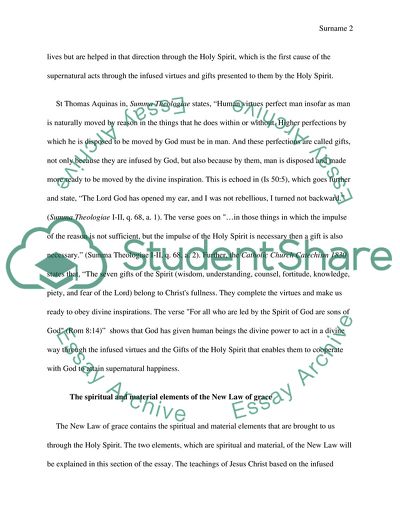Cite this document
(The Holy Spirit and the Natural Law Report Example | Topics and Well Written Essays - 2500 words, n.d.)
The Holy Spirit and the Natural Law Report Example | Topics and Well Written Essays - 2500 words. https://studentshare.org/religion-and-theology/1808161-the-holy-spirit-and-the-natural-lawinterior-guidance-towards-love
The Holy Spirit and the Natural Law Report Example | Topics and Well Written Essays - 2500 words. https://studentshare.org/religion-and-theology/1808161-the-holy-spirit-and-the-natural-lawinterior-guidance-towards-love
(The Holy Spirit and the Natural Law Report Example | Topics and Well Written Essays - 2500 Words)
The Holy Spirit and the Natural Law Report Example | Topics and Well Written Essays - 2500 Words. https://studentshare.org/religion-and-theology/1808161-the-holy-spirit-and-the-natural-lawinterior-guidance-towards-love.
The Holy Spirit and the Natural Law Report Example | Topics and Well Written Essays - 2500 Words. https://studentshare.org/religion-and-theology/1808161-the-holy-spirit-and-the-natural-lawinterior-guidance-towards-love.
“The Holy Spirit and the Natural Law Report Example | Topics and Well Written Essays - 2500 Words”. https://studentshare.org/religion-and-theology/1808161-the-holy-spirit-and-the-natural-lawinterior-guidance-towards-love.


